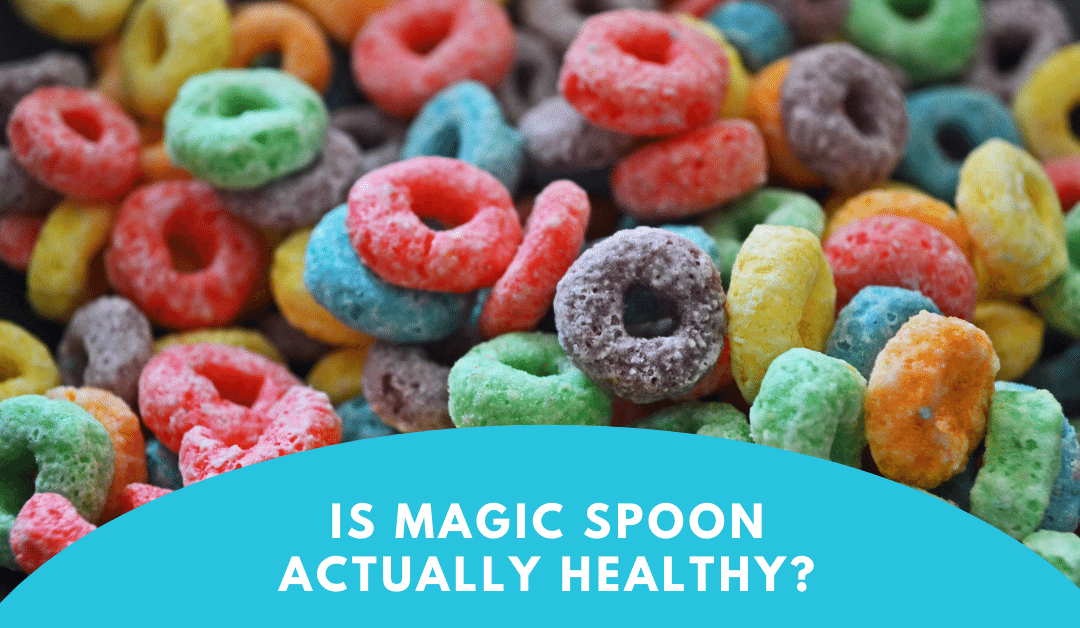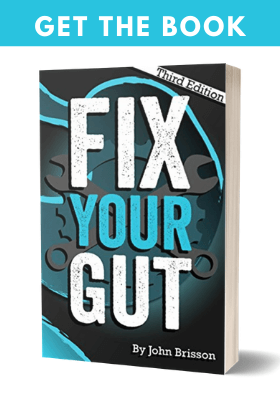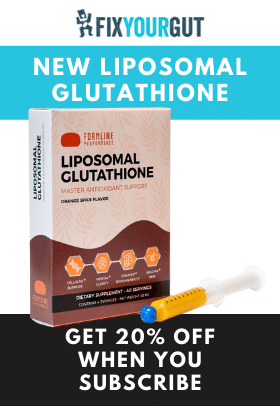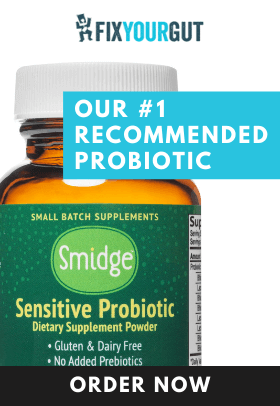Numerous influencers on YouTube are advertising a popular ketogenic breakfast cereal on their channels, Magic Spoon. The cereal contains a good amount of protein per serving, is low carb, has zero grams of sugar, is gluten-free, and contains only natural flavors and colors. Magic Spoon commercials make it seem like it is the perfect healthy keto breakfast for people on the go. But is Magic Spoon as healthy as the advertisements make it out to be?
The Issues With Magic Spoon
I do not recommend people consume cereal very often. Occasionally eating a box of cereal over a few days should be fine for most people. At first glance of the Magic Spoon label, the cereal appears healthier compared to many non-organic mass-produced breakfast cereals, which might be true.
Many breakfast cereals contain gluten, copious amounts of sugar, are full of the weed killer glyphosate, and contain genetically modified ingredients. Most breakfast cereals are horrible for your overall health to ingest frequently. Some issues I have with Magic Spoon include:
- Bovine casein protein is the first listed Magic Spoon ingredient. Bovine casein is a phosphoprotein that contains opioid peptides, including casomorphins (for example, inflammatory beta casomorphin 7) and lactorphins found in cattle dairy. Some people are allergic to bovine casein or are sensitive to its ingestion. When people ingest bovine casein and are sensitive to it, they may suffer from intestinal inflammation, intestinal pain, increased gut permeability (leaky gut), diarrhea, constipation, bloating, and/or reflux. You might also have symptoms outside your digestive system if you are allergic or sensitive to casein ingestion, including brain fog, fatigue, joint pain, hives, asthma, itching, and rarely anaphylactic shock. Some people who are sensitive to casein might be able to ingest A2 beta-casein instead of A1 beta-casein, which is found in most bovine dairy products within the United States unless otherwise stated. Magic Spoon does not list which casein it uses as its source of protein, but it likely uses A1 beta-casein, which can be problematic. A good video that goes into depth about the two different caseins is linked here.1 2 3
- Allulose is a monosaccharide, a C-3 epimer of D-fructose, and is a low-calorie sweetener that does not affect your blood glucose levels. Allulose is absorbed by our Glucose Transporter Type 5 (GLUT5) receptors within our intestinal tract. Our intestinal tract poorly absorbs allulose. A gastrointestinal tolerance study of allulose consumption showed that ingestion could cause bloating, abdominal pain, and diarrhea for some people. Our intestinal tract does not absorb Allulose well, so more is available for our microbiome to ferment for energy, causing negative gastrointestinal symptoms. The study showed that the more allulose consumed, especially on an empty stomach, the more likely someone would have digestive discomfort. We do not know precisely how many grams of allulose is in a serving of Magic Spoon. Still, it is highly likely it contains less than the upper bowel tolerance study’s allulose servings that triggered negative digestive symptoms. Everyone’s microbiome and digestive health are different, so some people might have digestive issues even ingesting minimal amounts of allulose.4
- If you are allergic to ragweed pollen, you might have an issue with the stevia used in Magic Spoon as a natural sugar substitute. If your oral cavity and/or tongue becomes itchy or you have digestive system itching and/or pain when you ingest Magic Spoon and are allergic to ragweed pollen, you might also be having a cross-reactivity reaction to stevia, also known as oral allergy syndrome. Sometimes oral allergy syndrome symptoms only occur when the offending pollen is in season where you live. For example, ragweed pollen is usually at its worst during the fall. So you might cross-react to stevia ingestion only during the fall when ragweed pollination is severe.5 6
- Inulin is used in Magic Spoon as the primary source of fiber for the cereal.
- Magic spoon does not contain certified organic ingredients.
- Certified gluten-free but produced in a shared facility that produces products that contain gluten.
Magic Spoon is not the worst breakfast cereal offered on the market. However, there are better breakfast cereals, in my opinion.
That being said, eating pastured organic eggs and bacon or blueberries and organic macadamia nuts for breakfast is probably better for you than eating breakfast cereal.
Let’s review what you eat every day?
I’ve helped tens of thousands of people with their diet and gut health. Click here to book a coaching session with me, because it’s worth your time.
- https://www.ncbi.nlm.nih.gov/pmc/articles/PMC4586534/ ↩
- https://www.webmd.com/allergies/casein-allergy-overview ↩
- https://nutritionj.biomedcentral.com/articles/10.1186/s12937-017-0275-0 ↩
- https://www.ncbi.nlm.nih.gov/pmc/articles/PMC6315886/ ↩
- https://www.researchgate.net/publication/268883997_Steviol_glycoside_safety_Are_highly_purified_steviol_glycoside_sweeteners_food_allergens ↩
- https://suzycohen.com/articles/stevia-ragweed-connection-explained/ ↩







Thank you for posting this. My partner had horrible hives after being exposed to Magic Spoon cereal.
Amazed. I am Keto Vegetarian and was suffering from eating veggies and sugar free gum. Both vomiting and out the other end. I decided I would eat a day of Magic Spoon. Everything cleared up.